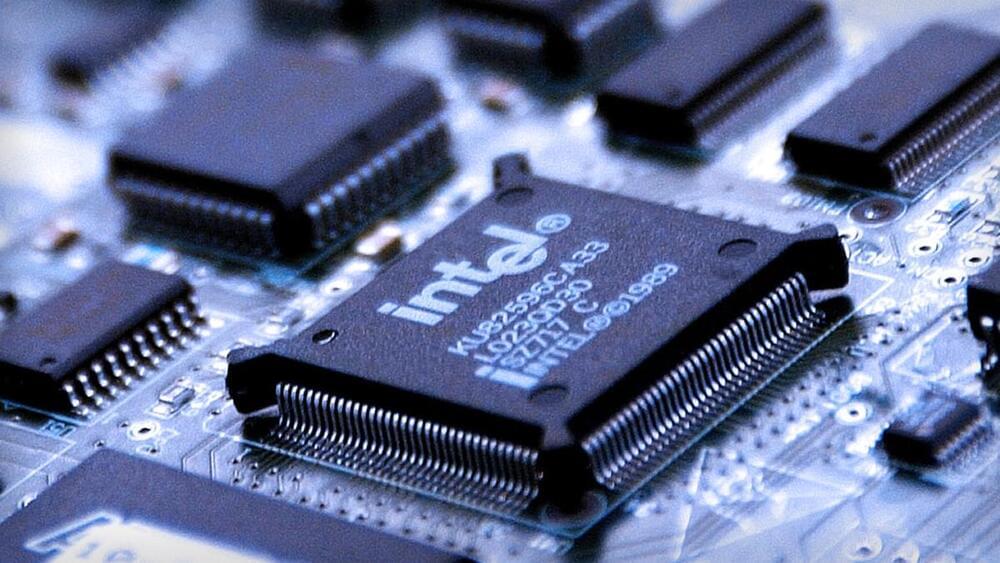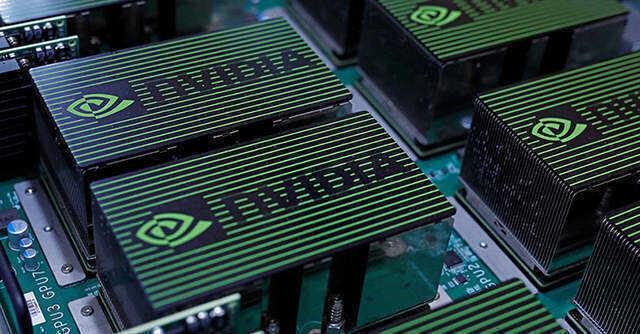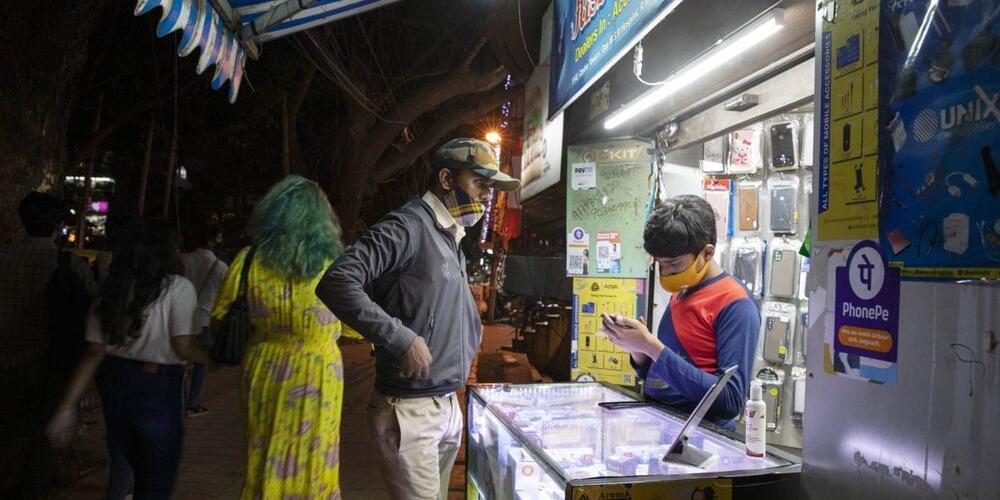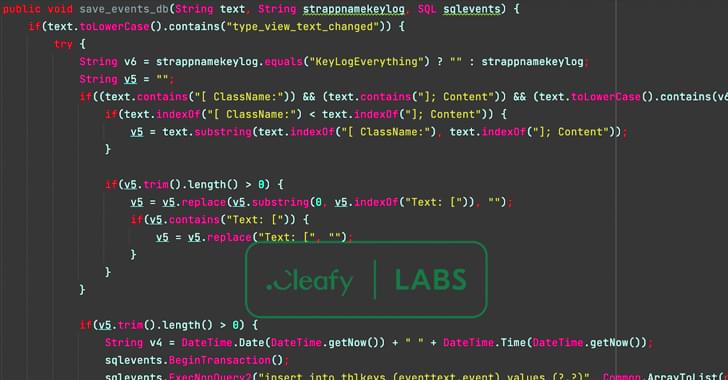Serious psychological distress among U.S. adults remained fairly steady between April and July 2020, according to a research letter published online Nov. 23 in the Journal of the American Medical Association.
Emma E. McGinty, Ph.D., from the Johns Hopkins Bloomberg School of Public Health in Baltimore, and colleagues conducted two waves of the Johns Hopkins COVID-19 Civic Life and Public Health Survey (April 7 to April 13, 2020, and July 7 to July 22, 2020). Changes in psychological distress during the COVID-19 pandemic was evaluated among 1,337 U.S. adults.
The researchers found that 13 percent of respondents reported serious distress in July 2020 versus 14.2 percent in April 2020, with 72 percent of adults reporting serious distress in both waves. The prevalence of serious distress was highest among adults aged 18 to 29 years (25.4 percent in April versus 26.5 percent in July), those with income less than $35,000 (20.2 percent in April versus 21.2 percent in July), and Hispanic individuals (17.9 percent in April versus 19.2 percent in July) at both time points. Among those with serious distress, the most common stressors were concerns about contracting COVID-19 (65.9 percent) and pandemic effects on employment (65.1 percent) and finances (60.6 percent). Educational interruptions were a stressor among adults with serious distress attending college and/or with school-aged children (69 percent).






